September 9, 2025
Browse by Subject
- Defamation (588)
- Copyright (511)
- Legal Threat (507)
- Free Speech (411)
- Blogs (315)
- Section 230 (309)
- Anonymity (301)
- Social Media (297)
- Citizen Journalism (286)
- Newsgathering (286)
- Fair Use (280)
- Criminal (279)
- Journalism (266)
- Access to Gov't Information (242)
- Third-Party Content (239)
- Censorship (230)
- Twitter (229)
- Privacy (213)
- CMLP (211)
- Trademark (189)
- DMCA (162)
- Shield Laws (149)
- Access to Courts (148)
- Prior Restraints (120)
- FOIA (107)
- SLAPP (105)
- Cyberbullying (89)
- Elections and Politics (88)
- Legal Guide (84)
- Recording Others (83)
- User Comments or Submissions (82)
- Terms and Conditions (80)
- Publication of Private Facts (80)
- Right of Publicity (79)
- Subpoenas (78)
- Advertising (77)
- Consumer Ratings and Reviews (59)
- Intrusion (54)
- False Light (54)
- Student Speech (54)
- Gripe Sites (51)
- Congress (49)
- Hot News Misappropriation (47)
- Resources and Tools (45)
- Open Meetings (43)
- Children (42)
- Linking (41)
- Computer Fraud and Abuse Act (41)
- Obscenity (36)
- Access to Places (35)
- Business Torts (33)
- Identity (33)
- Aggregation (33)
- Trade Secrets (30)
- Trade Libel (25)
- Personal Jurisdiction (24)
- Licensing (24)
- Business Formation (23)
- Taxes (22)
- Sanctions (21)
- Employee Blogs (20)
- Domain Names (19)
- Real Estate (17)
- Retractions and Corrections (15)
- Credentials (15)
- DMLP (13)
- Cyberstalking (13)
- Reviews (11)
- Insurance (11)
- Hate Speech (11)
- Misappropriation (11)
- Establishment Clause (10)
- Government Speech (9)
- Website Design (7)
- Statute of Limitations (4)
- Science (3)
- Patent (2)
Recent Blog Posts
-
11 years 2 months ago
-
11 years 3 months ago
-
11 years 4 months ago
-
11 years 4 months ago
-
11 years 4 months ago
-
11 years 5 months ago
-
11 years 5 months ago
-
11 years 5 months ago
We are looking for contributing authors with expertise in media law, intellectual property, First Amendment, and other related fields to join us as guest bloggers. If you are interested, please contact us for more details.


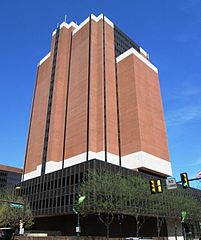 On Friday, the Department of Justice filed its
On Friday, the Department of Justice filed its 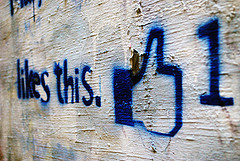 On Wednesday, the U.S. Court of Appeals for the Fourth Circuit issued its
On Wednesday, the U.S. Court of Appeals for the Fourth Circuit issued its 
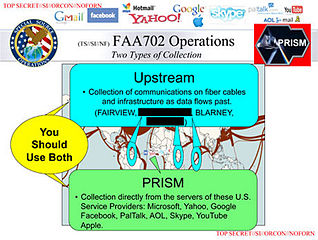 (This is the second part of a two-part post. In
(This is the second part of a two-part post. In 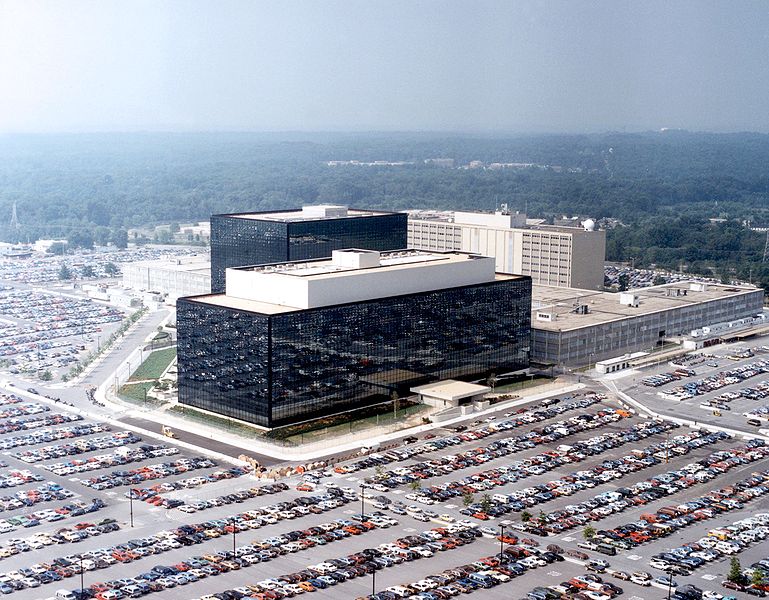 (Following on from
(Following on from  Yesterday the Digital Media Law Project, with help from the
Yesterday the Digital Media Law Project, with help from the 
 A Texas company is causing a stir with a claim that it has a patent
A Texas company is causing a stir with a claim that it has a patent  Several
Several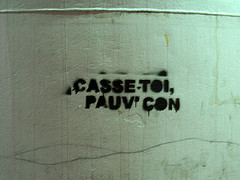 The Legal Committee of France's Chamber of Representatives voted unanimously on March 27 to propose to repeal the offense of insulting the President of the Republic, which is still a crime under article 26 of the French Press law. French Representatives will now vote on April 18 to adopt the proposal to repeal article 26, then will send the proposal to the Senate.
The Legal Committee of France's Chamber of Representatives voted unanimously on March 27 to propose to repeal the offense of insulting the President of the Republic, which is still a crime under article 26 of the French Press law. French Representatives will now vote on April 18 to adopt the proposal to repeal article 26, then will send the proposal to the Senate.
 Last October
Last October 